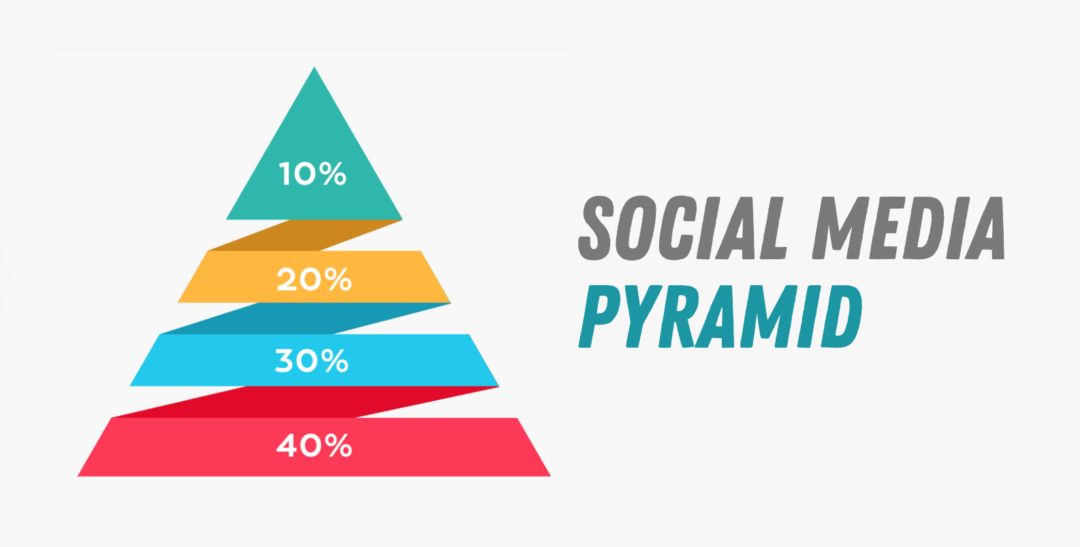Hey Folks! In my journey through the ever-evolving world of digital marketing, I’ve seen many trends and business models rise and fall. One of the most controversial and often misunderstood models is the Drive Social Media Pyramid Scheme. Having observed the dynamics of these schemes from both a marketing and personal perspective, I can say with confidence that while they may seem lucrative on the surface, they are built on unstable foundations.
In this article, I will break down everything you need to know about social media pyramid schemes, how they work, the myths surrounding them, the pros and cons, and whether they are legal or illegal. Let’s dive in, and I’ll also share my personal experiences and insights, so you can avoid falling into their trap.
What is a Social Media Pyramid Scheme?

To start, it’s important to define exactly what a social media pyramid scheme is. At its core, a pyramid scheme is a business model that depends on recruiting new participants to generate income rather than on the sale of goods or services. This model, while it may look like a traditional business opportunity, focuses heavily on the recruitment process.
However, there’s one key feature that sets pyramid schemes apart from legitimate businesses: the business thrives on recruitment, not on providing value through products or services. Most of the profits in a pyramid scheme come from the fees new recruits pay to join, not from the sale of tangible products.
How Does a Social Media Pyramid Scheme Work?

I encountered the Drive Social Media Pyramid Scheme model being advertised across several platforms. Many marketers claim it offers an easy path to financial freedom. But in reality, it relies heavily on recruitment rather than genuine sales.
When you try to drive social media pyramid schemes, you often end up promoting something that is ultimately unsustainable and harmful to others. The success of these schemes is typically reserved for a small group at the top, leaving most participants with little to no return on their investments.
Having worked in digital marketing for years, I’ve seen firsthand how these schemes operate. Let me break down how a social media pyramid scheme works:
The Initial Investment:
Typically, when you join a pyramid scheme, you are required to make an initial payment or investment. This might seem like a small amount at first, but often, the amount grows as you advance in the scheme.
Recruitment is the Key:
Unlike traditional businesses where your earnings are based on the sale of products, the primary way you make money in a pyramid scheme is by recruiting others into the program. This creates an atmosphere of constant pressure to bring in new people.
Earnings from New Recruits:
Once you recruit someone, you receive a commission or a percentage of the fee they paid to join. The more people you bring in, the more money you make.
Expanding the Pyramid:
As the pyramid grows, more levels are added. For each new recruit, the person above them in the hierarchy earns a commission. This is the essence of the pyramid model those at the top earn money, while those at the bottom often lose out.
Unsustainable Growth:
The structure of a pyramid scheme is inherently unstable because it relies on a constant influx of new recruits. Once recruitment slows down, the pyramid collapses. When that happens, people at the bottom who have invested money often have no way to recover their losses.
I personally know individuals who became swept up in this model. They believed that recruiting a few people would set them up for financial success. However, as I observed, they were constantly struggling to find new recruits, and in the end, they lost their initial investments. The harsh reality of pyramid schemes is that only the few people at the top truly profit.
Drive Social Media Pyramid Scheme Reviews

As I researched and explored the social media pyramid scheme landscape, I found various reviews from participants and experts in digital marketing and law. Based on my experience and the insights I gathered from these reviews, I can tell you that people overwhelmingly provide negative feedback about these schemes.
Here are some key points that consistently appear in reviews of social media pyramid schemes:
Deceptive Marketing
Many reviews mention how the marketing tactics of pyramid schemes are designed to deceive people into thinking they are joining a legitimate business. The reviews often describe how the initial excitement wears off when recruits realize that their income is dependent not on the sale of products but on the recruitment of others.
Financial Losses
Another common theme in reviews is the significant financial loss experienced by participants. Many people in these schemes report paying substantial amounts of money only to find that their return on investment is negligible. In fact, most participants lose money.
Pressure to Recruit
One of the most common complaints in reviews is the intense pressure to recruit. Participants often feel coerced into recruiting family members and friends, leading to strained relationships and personal stress. This pressure is a significant downside of these schemes, as it becomes less about business and more about personal relationships.
Legal Concerns
Many reviewers express concerns about the legal status of the scheme. This highlights the significant risk of legal action that participants face when joining pyramid schemes.
Unrealistic Expectations
The unrealistic expectations set by these schemes are another recurring theme in the reviews. Many participants join with high hopes, only to realize that they are part of a system that rewards a select few while leaving most participants in financial jeopardy.
Poor Product Quality
In some cases, pyramid schemes offer products that are either of low quality or priced well above market value. Many reviews highlight the fact that these products are irrelevant to the overall money-making process.
Frustration and Burnout
A significant portion of reviews speaks to the frustration and burnout felt by participants. Despite their best efforts, many participants find it difficult to recruit enough people to maintain the flow of money. The burnout comes from the constant hustle, the emotional toll of recruiting, and the eventual realization that the scheme is a dead end.
Common Myths About Social Media Pyramid Schemes
There are several myths surrounding social media pyramid schemes, and I’ve come across many of them during my experience in digital marketing. Let me address a few common misconceptions:
Myth 1: It’s a legitimate business opportunity.
Fact: While some pyramid schemes may seem like legitimate business opportunities, they lack the core elements of a real business, such as selling real products or services. The reality is that the money you make often comes from the recruitment process rather than the sale of products. In a real business, the revenue should come from providing something of value to customers.
Myth 2: You’ll make money easily.
Fact: Making money in a pyramid scheme is not as easy as it may seem. In fact, for most people, it’s quite the opposite. I’ve seen many people struggle to recruit new participants, which leaves them with no earnings and, in some cases, a financial loss.
Myth 3: It’s legal as long as there’s a product.
Fact: Some pyramid schemes try to appear legitimate by offering a product or service. But even with a product, if the main revenue generation is through recruitment. And not through selling the product, the business is still a pyramid scheme.
Pros and Cons of Social Media Pyramid Schemes
Final Thoughts
I’ve seen too many people lose money and trust by falling into the trap of social media pyramid schemes. While the idea of making quick money may seem appealing. The reality is that these schemes are designed to benefit only a few people at the top.
I urge you to focus on legitimate digital marketing opportunities that emphasize genuine products, services, and relationships. Building a successful online business takes time, effort, and dedication, but it is far more rewarding in the long run.
By staying ethical, and choosing the right path, you can succeed in digital marketing without falling into the traps of deceptive schemes.




